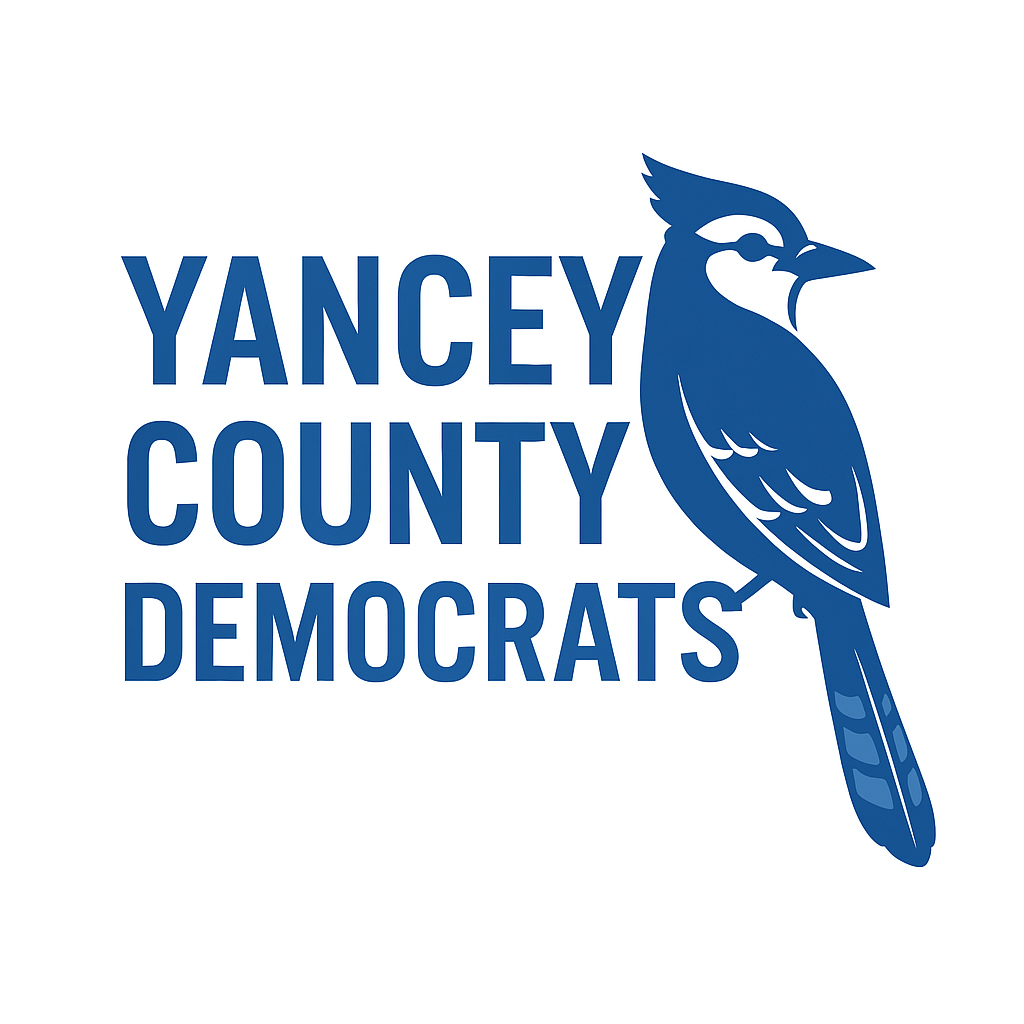Why North Carolina’s Weak Veto Power Hurts Us All
North Carolina was the last state in the nation to grant its governor veto power—and when it finally did so under Governor Jim Hunt in 1996, that power came with serious limitations. Today, we are living with the consequences of those limitations.
In most states, overriding a governor’s veto requires a two-thirds or even three-quarters vote. In North Carolina, it takes just 3/5 of the General Assembly—meaning a simple partisan majority can override the will of the executive with ease. And unlike most governors, North Carolina’s governor does not have a line-item veto, which would allow them to strike harmful provisions from a bill while preserving the good. That kind of power gives governors in other states the ability to reduce partisanship and craft better policy. Without it, compromise is replaced with coercion.
Governor Josh Stein issued responsible, thoughtful vetoes to protect North Carolinians from harmful legislation. But a few Democratic legislators joined Republicans in overriding those vetoes—leaving North Carolinians to bear the consequences.
And now, those consequences are very real.
Our energy bills will rise due greedy politicians, civil liberties are under assault, and some of our most vulnerable neighbors are continuing to be targeted for political gain.
This isn’t just about politics—it’s about power, and how we choose to use it. If we want a government that puts people before party, we must revisit how veto power functions in our state. Adding a line-item veto and strengthening the override threshold would help restore balance and accountability, and begin to repair a deeply partisan system that too often leaves everyday North Carolinians behind.
We can and must do better.
